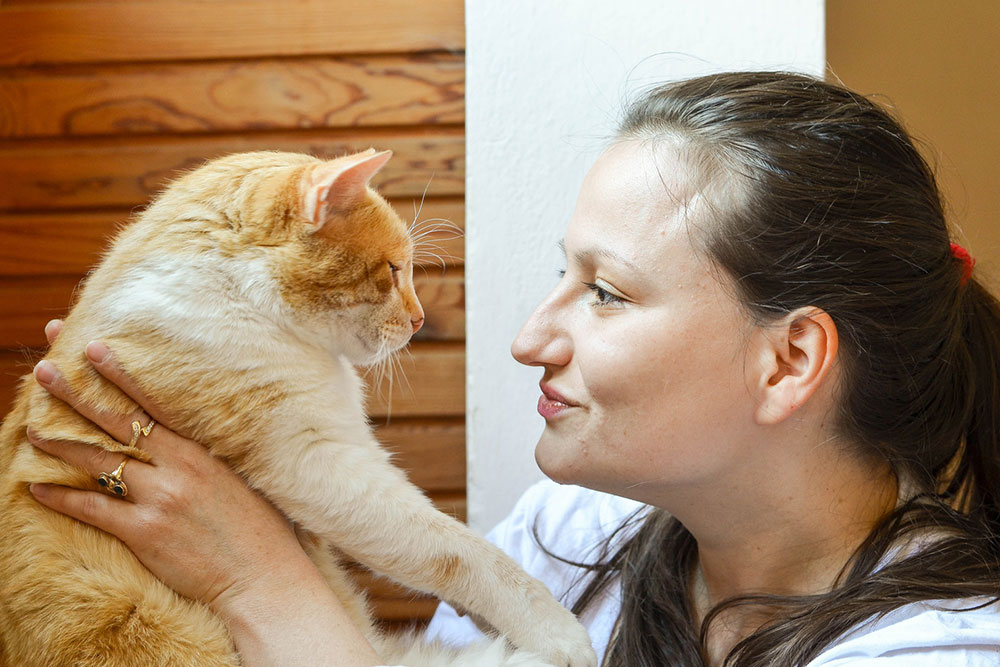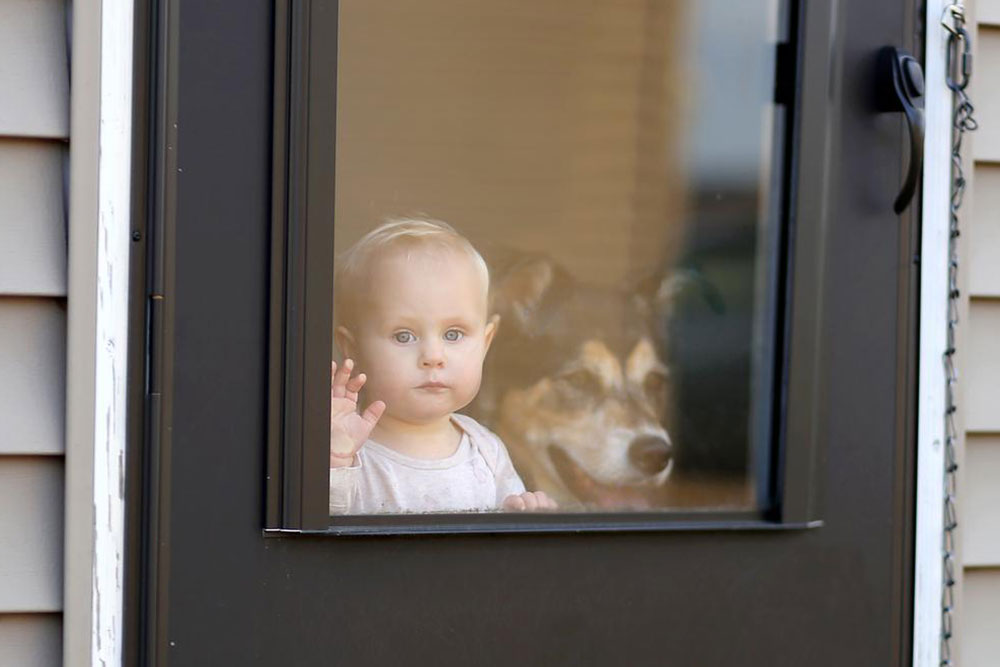Essential Guidelines Before Bringing a Pet Home
This article offers essential advice for prospective pet owners, emphasizing responsibility, environmental safety, training, and consistent care. It guides readers on making informed decisions to ensure a positive and fulfilling pet adoption experience, highlighting the importance of long-term commitment and preparation for a happy life together.

Essential Guidelines Before Bringing a Pet Home
Adding a pet to your family can be life-changing. Opting for adoption instead of buying is a responsible choice, but it requires careful planning.
Be prepared for the responsibilities that come with pet ownership. Pets need companionship, attention, and care; leaving them alone for too long can cause issues.
Consider important factors before introducing a pet, regardless of whether it has fur, feathers, scales, or hooves. Knowing these helps ensure a smooth and rewarding experience for you and your new animal friend.
Reflect on these key points when adopting a pet.
Adopting a pet is a long-term responsibility
Recognize that caring for a pet involves time, effort, and resources. They need ongoing healthcare, proper nutrition, and emotional support. Patience is vital during their adjustment phase, as rushing this process can be harmful. Retracting from the commitment after adoption can cause stress for the animal and is discouraged.
Evaluate if your financial ability covers pet care costs.
Expenses include food, grooming, toys, veterinary visits, licenses, and supplies. Planning for these expenses beforehand ensures your pet's health and happiness aren’t compromised.
Arrange your living environment for your new pet.
Just like child-proofing, remove hazards such as toxic plants, chemicals, or small objects that could be swallowed or cause injury. A secure space promotes their safety.
Don’t rely solely on initial attraction.
While appearances matter, consider your pet’s personality and energy level. Some pets enjoy active play, while others prefer cuddling. Matching their temperament to your lifestyle fosters harmony.
Start training immediately.
Consistent training helps pets, young or old, adapt and understand household rules. Socialization with humans and other animals facilitates easier integration.
Attach identification tags or microchips.
Pets often explore outdoors, and proper identification improves the chances of recovery if they get lost, safeguarding their safety.
Spend quality time with your pet.
Daily walks, playtime, grooming, and veterinary visits are crucial. Your dedicated attention builds trust and a strong bond.
In conclusion, adopting a pet requires careful planning, but the companionship and joy they bring are invaluable. The unconditional love from your pet makes all efforts worthwhile.


